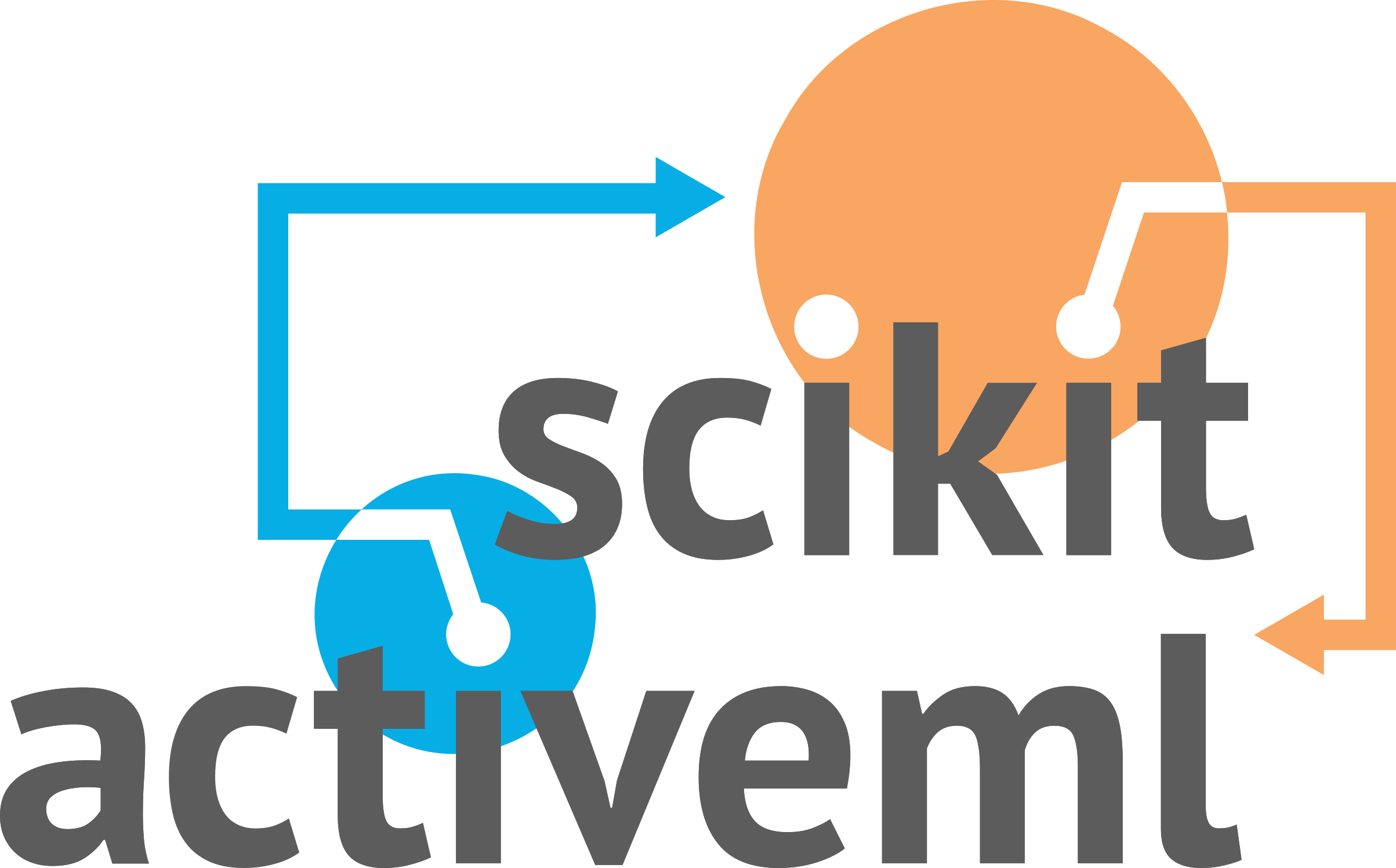IntervalEstimationAnnotModel#
- class skactiveml.pool.multiannotator.IntervalEstimationAnnotModel(classes=None, missing_label=nan, alpha=0.05, mode='upper', random_state=None)[source]#
Bases:
BaseEstimatorIELearning
This annotator model relies on ‘Interval Estimation Learning’ (IELearning) for estimating the annotation performances, i.e., labeling accuracies, of multiple annotators [1]. Therefore, it computes the mean accuracy and the lower as well as the upper bound of the labeling accuracy per annotator. (Weighted) majority vote is used as estimated ground truth.
- Parameters:
- classesarray-like of shape (n_classes,), default=None
Holds the label for each class.
- missing_labelscalar or string or np.nan or None, default=np.nan
Value to represent a missing label.
- alphafloat, interval=(0, 1), default=0.05
Half of the confidence level for student’s t-distribution.
- mode‘lower’ or ‘mean’ or ‘upper’, default=’upper’
Mode of the estimated annotation performance.
- random_stateNone or int or numpy.random.RandomState, default=None
The random state used for deciding on majority vote labels in case of ties.
- Attributes:
- n_annotators_: int
Number of annotators.
- A_perf_ndarray, shape (n_annotators, 3)
Estimated annotation performances (i.e., labeling accuracies), where A_cand[i, 0] indicates the lower bound, A_cand[i, 1] indicates the mean, and A_cand[i, 2] indicates the upper bound of the estimation labeling accuracy.
References
[1]P. Donmez, J. G. Carbonell, and J. Schneider. Efficiently Learning the Accuracy of Labeling Sources for Selective Sampling. In ACM SIGKDD Int. Conf. Knowl. Discov. Data Min., pages 259–268, 2009.
Methods
fit(X, y[, sample_weight])Fit annotator model for given samples.
Get metadata routing of this object.
get_params([deep])Get parameters for this estimator.
Calculates the probability that an annotator provides the true label for a given sample.
set_fit_request(*[, sample_weight])Configure whether metadata should be requested to be passed to the
fitmethod.set_params(**params)Set the parameters of this estimator.
- fit(X, y, sample_weight=None)[source]#
Fit annotator model for given samples.
- Parameters:
- Xarray-like of shape (n_samples, n_features)
Test samples.
- yarray-like of shape (n_samples, n_annotators)
Class labels of annotators.
- sample_weightarray-like of shape (n_samples, n_annotators), default=None
Sample weight for each label and annotator.
- Returns:
- selfIntervalEstimationAnnotModel object
The fitted annotator model.
- get_metadata_routing()#
Get metadata routing of this object.
Please check User Guide on how the routing mechanism works.
- Returns:
- routingMetadataRequest
A
MetadataRequestencapsulating routing information.
- get_params(deep=True)#
Get parameters for this estimator.
- Parameters:
- deepbool, default=True
If True, will return the parameters for this estimator and contained subobjects that are estimators.
- Returns:
- paramsdict
Parameter names mapped to their values.
- predict_annotator_perf(X)[source]#
Calculates the probability that an annotator provides the true label for a given sample.
- Parameters:
- Xarray-like of shape (n_samples, n_features)
Test samples.
- Returns:
- P_annotnumpy.ndarray of shape (n_samples, n_annotators)
P_annot[i,l] is the probability, that annotator l provides the correct class label for sample X[i].
- set_fit_request(*, sample_weight: bool | None | str = '$UNCHANGED$') IntervalEstimationAnnotModel#
Configure whether metadata should be requested to be passed to the
fitmethod.Note that this method is only relevant when this estimator is used as a sub-estimator within a meta-estimator and metadata routing is enabled with
enable_metadata_routing=True(seesklearn.set_config()). Please check the User Guide on how the routing mechanism works.The options for each parameter are:
True: metadata is requested, and passed tofitif provided. The request is ignored if metadata is not provided.False: metadata is not requested and the meta-estimator will not pass it tofit.None: metadata is not requested, and the meta-estimator will raise an error if the user provides it.str: metadata should be passed to the meta-estimator with this given alias instead of the original name.
The default (
sklearn.utils.metadata_routing.UNCHANGED) retains the existing request. This allows you to change the request for some parameters and not others.Added in version 1.3.
- Parameters:
- sample_weightstr, True, False, or None, default=sklearn.utils.metadata_routing.UNCHANGED
Metadata routing for
sample_weightparameter infit.
- Returns:
- selfobject
The updated object.
- set_params(**params)#
Set the parameters of this estimator.
The method works on simple estimators as well as on nested objects (such as
Pipeline). The latter have parameters of the form<component>__<parameter>so that it’s possible to update each component of a nested object.- Parameters:
- **paramsdict
Estimator parameters.
- Returns:
- selfestimator instance
Estimator instance.
